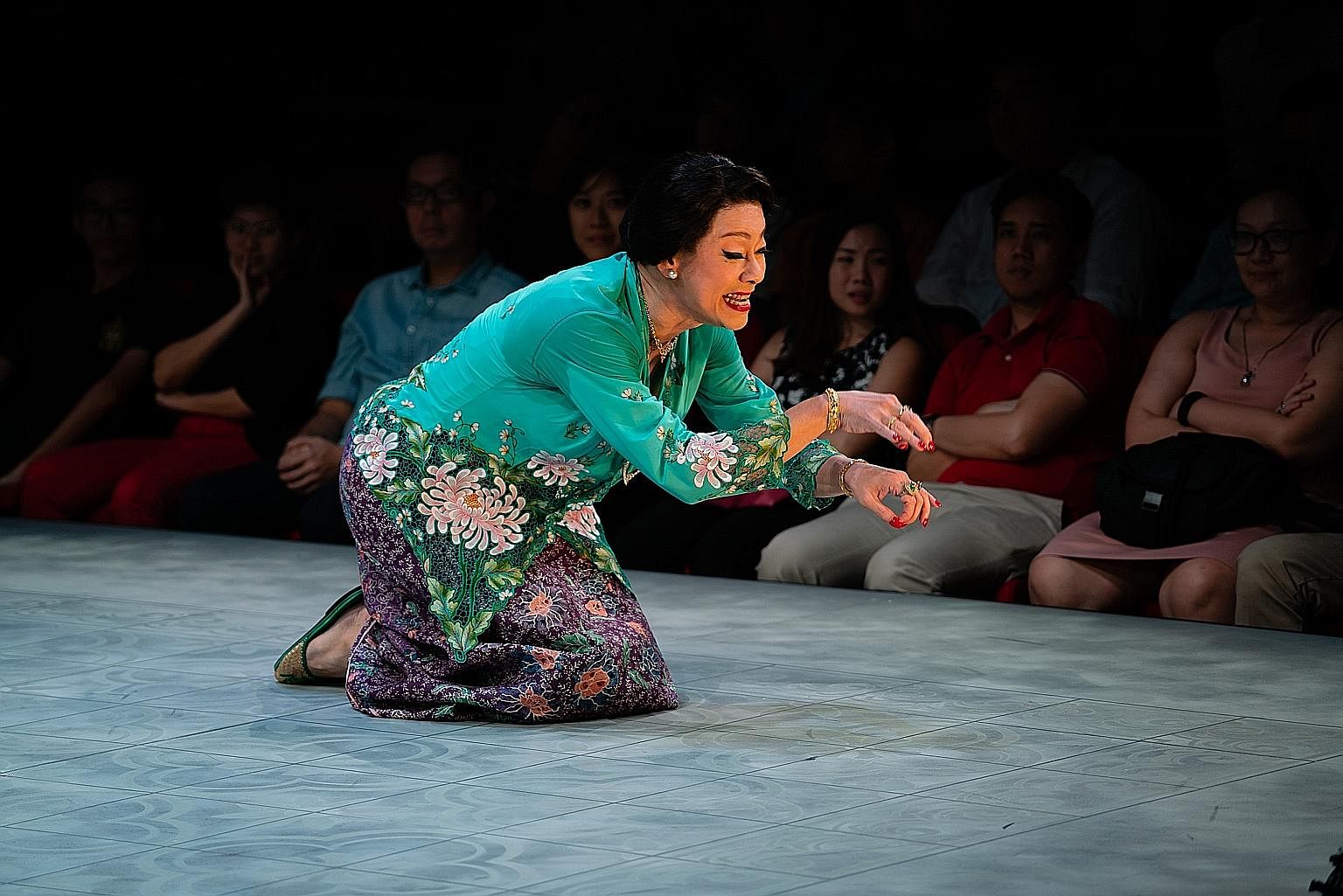These last three months have been strange and surreal and unsettling, unlike anything we have experienced. I, for one, have never before seen the likes of it.
Historian Yuval Noah Harari thinks this is the biggest crisis of our lifetime. Historically, though, the magnitude and scale of this crisis so far pale in comparison to previous pandemics like the Black Death and the Spanish flu. We can only hope it stays that way.
However, it seems only natural for us, caught in the eye of our own pandemic storm, to feel we are living through the worst of all possible times. This is how it feels.
Why? Because the scope of this pandemic is unprecedented within the span of personal memory.
In terms of its untold capacity for disruption - social, economic and cultural - the necessity for forced distancing and the deep psychological distress brought on by dread, loneliness and the lack of human community and communion, there has been nothing like it.
Despite all the advanced communications technologies at hand, we have never, collectively, globally, been more alone and frightened.
Theatre has been an antidote to this loneliness. The shutting down of theatres worldwide has resulted in a lemming-rush towards digitalisation of the art form. There has been a deluge on the Internet like never before, of archival material and digital documents of theatre, dance and performance. And while "it is not a substitute for real theatre" is part and parcel of the fine print of these postings, the sheer amount of digital ersatz theatre available now is disturbing, to say the least.
After the veritable scramble to digitalise, cue the entrance of theatre scholars, eager to parse the ontologies of the new preformative mode, to problematise the epistemology of digital drama and to declare that theatre is, after all, "always mediated".
The resulting surfeit, quite often, is not theatre by another medium but theatre porn; a kind of veiled, voyeuristic similitude of the gratification that real theatre provides an audience.
Theatre is a complex phenomenon. Even so, the mark of good theatre is that it is simple, direct and immediate. You could even say good theatre appears effortless. But this is an illusion, and not just a matter of the "suspension of disbelief".
Good theatre appears simple and effortless because it is the result of an artist's knowledge and experience, unstinting effort and supreme skill.

Of course, good theatre could also be a result of pure genius. But seeing how rare genius actually is, good theatre - theatre which delights, moves, engages, captivates and uplifts us - is, more often than not, reward for toil, talent, skill, inspiration and a measure of luck. As Ovid put it: "True art is to conceal art" or "ars est celare artem".
Be that as it may, good theatre is never just a matter of what happens on stage, no matter how good the stage work happens to be.
The essence of the pleasure and delight of the theatrical art resides in a relational fact; that of the extraordinary liveness of a performance being "seen" in situ; in the widest possible sense of the word: taken in, perceived, or cognised.
In other words, the true pleasure of theatre lies in it being witnessed; actively, immediately and directly. This entails, explicitly, the presence of an audience, and this is why the rush towards the digitalisation of theatre, even as it allows today's audiences to be expanded, is doomed to fail as a substitute for the theatre experience.
There is, however, more to this; you see the pleasure we derive from theatre is not limited to the bounds of the aesthetic.
From time immemorial, when theatre and ritual were one, and the ceremony was carried out in a temple courtyard or a gathering in a field at harvest or at a graveside funeral, it was always about a kind of gregariousness... an instinctive, ineffable, ineluctable need to come together for consolation, commiseration or celebration.
The sense of community, communion and the play inherent in such a coming together is older and more significant than the aesthetic dimension of theatre. The play of the people coming together, that is the thing.
For now, given this pandemic, our revels are ended. The bodies withdrawn, voices faded, pure light floods space. Empty space. Holding within pure potential; for action, for a scene, for theatre, perhaps for drama, perchance art. The protean potential which we must now hold in abeyance until this crisis passes.
The mere possibility of theatre, the very thought of it, is a clarion call to be hopeful. Hope in the power of the symbolic, the spiritual and the communal to sustain us, keep us and carry us forward and far away from these trying times of separation, isolation and distance; towards new horizons of community.
Just seeing in the mind's eye the lights going down in a theatre, the hush that falls upon us the audience, the shifting in the seats as the curtains rise, as we await as one, eagerly, silently for the first sight and sound from the stage.
Just conceiving it gives us succour. To yearn for this opportunity, for the many to feel as one, to see and hear as one, to be moved as one, is to anticipate the pleasure of theatre and to commit ourselves to hope.
• T. Sasitharan, a veteran theatre practitioner and former philosophy lecturer and arts critic, is director of the Intercultural Theatre Institute, a theatre training school.










